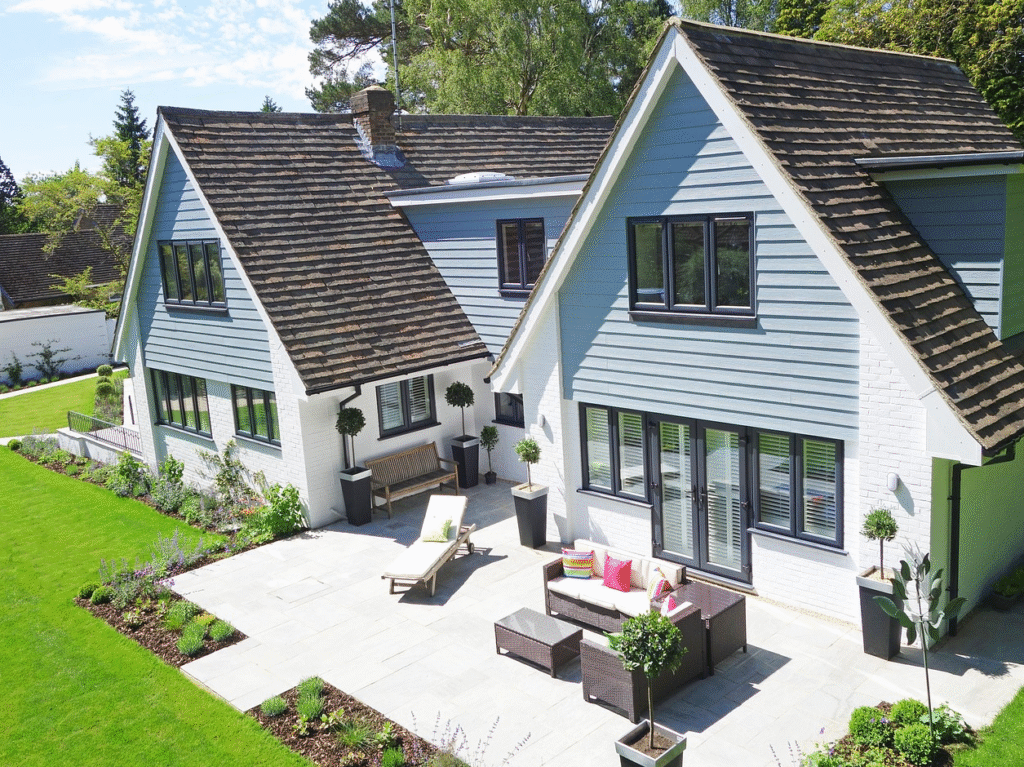
Boiler installation is a costly headache on every home owner’s ledger. Even taking into account the benefits of a new high-efficiency heat system—are reduced energy costs, improved efficiency, and a warmer home—the fees themselves might be foggy. Most home owners wonder, “How much really costs boiler installation?” And the answer: it depends.
From the boiler you choose to the level of installation complexity and if your current heating system is working or not, there are several factors that contribute to the total cost. Here in this article, we will break down all the prices included in boiler installation so that you will have some idea of what you are getting and how to plan accordingly.
1. The Cost of the Boiler Unit Only
The boiler unit is the largest cost driver. Boilers are very price-variable depending on manufacturer, size (kW output), efficiency rating, and type.
Combi boilers (best for smaller houses) will likely be lowest in price.
System boilers (best for larger houses with more than one bathroom) will likely be fairly priced.
Standard boilers (fitted in homes with standard systems and hot water tanks) could cost more because of additional equipment.
A boiler will cost anywhere from a few hundred to a few thousand pounds, depending on what it is.
Why is this?
Brand name and warranty length
Output capacity (in kilowatts)
New controls or smart functions included
Energy efficiency rating
2. Installation Costs
Installation costs may be equal—or even higher than—the cost of the boiler itself. The cost will depend on how complex the job is.
Simple installation (like-for-like replacement):
If you’re replacing your old combi boiler with a new one in the same location, the labour will be relatively simple, and the cost will be lower.
Complex installation (system conversion or relocation):
If also changing boiler type (e.g., from system to combi) or relocating the boiler within the home, the labour cost is much higher. Engineers can have to re-route flues, re-route pipes, or fit new tanks or cylinders.
Installation costs are based on:
Boiler position
What it will burn (electricity, oil, gas)
Plumbing or pipework modifications
Power flushing or system cleans required
Compliance upgrades (e.g., flue codes or additional valves)
3. Add-on Components and Upgrades
A new boiler isn’t always a one-equipment purchase. In many cases, replacement of the other system components is necessary to keep your new equipment operating at maximum efficiency and safety.
Potential upgrades:
Flue upgrade: Your flue must be updated to modern standards and compatible with your new boiler emissions.
Filters and regulators: A magnetic filter, scale reducer, or an smart thermostat maximizes efficiency and longevity.
Condensate pump or pipework: Frost can form if in specific regions, so piping pipes with insulation or a pump may be necessary.
Additional pipework or radiators: With the conditions existing where older systems of heating had been installed, rusty or obsolete fittings limit your boiler to being able to run at its full potential.
They all cost the overall amount but are likely most necessary to produce optimal operating and economy in the long term.
4. Power Flushing or System Cleaning
Another usually under-estimated boiler installation cost is system flushing. Sludge, rust, and scale will build up in your central heating system over the years. Draining out these impurities prior to installing a new boiler will destroy the new machine.
There are two forms of cleaning methods:
Chemical flush: Simple clean with chemicals employed to force dirt.
Power flush: Thorougher, pressurised cleaning method to force obstinate build-up.
Even though not absolutely free to install, it’s not one to be avoided because it shortens your boiler’s life and your warranty.
5. Smart Controls and Thermostats
New boilers come along with new controls by which you can control energy consumption in a better manner. Smart thermostats are widely used nowadays by most people for which you control the device using mobile apps and know your habit over time.
Although not essential, these offer further control of your heating schedule and can result in huge saving in the energy sector. The upfront cost of installing smart controls is repaid many times over by saving on your energy bill in the future.
6. Labour and Engineering Charges
Having a Gas Safe registered engineer will cost you, which will be based on your location, the quality of the engineer, and how long the job takes.
Remember:
Location (labour more expensive in London and city centres)
Installer reputation and popularity
Installation time (1–3 days depending on the complexity)
Weekend or call-out at some point of emergencies (there will be extra charges for these)
Getting a few quotes and an overview of the customer reviews is always best before making an installation decision.
7. Warranties and Certification
After your boiler has been installed, your engineer will need to supply a certificate to certify that your boiler is to building regulations. In the UK, it would typically be a Building Regulations Compliance Certificate to ensure that the boiler had been installed by a suitably qualified installer.
Registration of the warranty with the boiler firms is also crucial. Some of them have a rider that they will be valid if and only if the boiler is installed and registered within a specific time limit—30 days in most cases.
Some of the install packages include them, but always safest to double-check beforehand.
8. Annual Servicing and Maintenance
Not included in the initial purchase price, but worth including the cost of future repairs. To ensure your boiler operates efficiently and is covered by warranty, it’s a requirement that it is serviced annually by a qualified engineer.
This typically varies between £60 and £100 a year, depending on your location and the system type. Some companies offer service plans that split this expense over a period of a year. Contact us for more information on Boiler Installation Muswell Hill.




